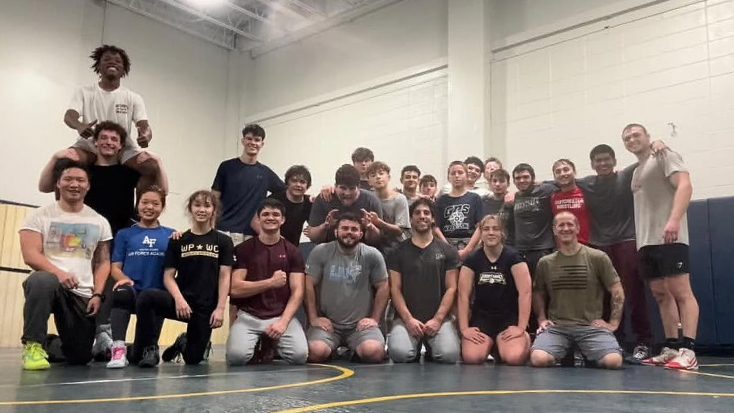This Election Day, over 60% of New York State voters flipped their ballots over to vote YES on Proposal 1, an equal rights amendment that created state constitutional protections against discrimination based on “ethnicity, national origin, age, disability, sex, sexual orientation, gender identity, gender expression, pregnancy, and pregnancy outcomes, as well as reproductive healthcare and autonomy.” Marketed as a way for New Yorkers to expand reproductive rights, the amendment establishes protections for “pregnancy, pregnancy outcomes, and reproductive healthcare and autonomy.” After the constitutional right to abortion was overturned in the Dobbs decision, some states sought to add abortion protection measures to their 2024 ballots, hoping to cement the right to abortion in their respective states. Ten states, including New York, added such a measure to their ballots, with seven passing them. While supporters celebrate Proposal 1’s passage, opponents however, raise concerns over the ambiguity and possible consequences of the measure.
The New York Post recently published an editorial article which describes the amendment as a “Trojan horse, ” arguing that it was falsely and deceptively labeled as an abortion protection amendment. So, why are people so upset with the passage of an equal rights amendment? Critics argue this amendment isn’t about reproductive rights at all-since abortion has been very legal in New York since 1970-but rather a way to create new unnecessary constitutional protections that will infringe on citizens’ rights. Critics raise issues with the amendment’s protection of “gender identity” and “gender expression,” predicting that the language could create special protections for transsexuals, including transsexual minors. These protections, some say, will allow minors to receive gender-affirming care, such as surgery and hormone therapy, without the consent of a parent. Opponents also warn the language will allow transgender women (biological males) to participate in women’s athletics, use their locker rooms, and will permit them to live in women’s dorms and prisons; fueling the nationwide debate over transgender rights.
Many opponents also speculate that “national origin” being recognized as a new protected class could grant both taxpayer benefits and voting rights to non-citizens as there was already an effort by NY City to do this in the past. The New York Republican State Committee foretells that Proposal 1 will provide Governor Hochul with a constitutional basis for issuing liberal benefits to migrants, such as cash assistance and housing. The committee also predicts that executive orders, such as Orange County prohibiting their hotels from becoming migrant shelters, and Rockland County barring migrants from traveling to the county, would be deemed unconstitutional and discriminatory under Proposal 1.
Supporters of the amendment, like The New York City Bar Association, disagree with some of the claims opponents make regarding the consequences of this amendment. The association asserts the law will not interfere with areas such as parental rights, participation in sports, and voting qualifications, because Proposal 1 does not change existing New York law in respect to these.
Supporters continue to uphold their support for Proposal 1 despite criticism, boasting the protections the amendment offers New Yorkers from future discriminatory legislation.





